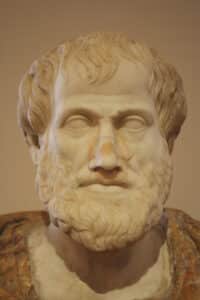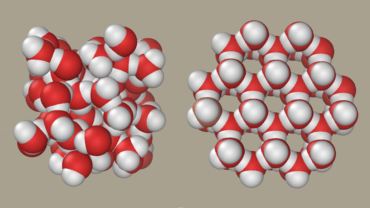Aristotle
Aristotle’s observations in the biological scienceAristotle (384 b.c.e.-322 b.c.e.) Greek Philosopher Aristotle, a Greek philosopher and scientist, has had more influence on the field of science than anyone. His influence, which lasted more than 2,000 years. It was due to the fact that he was the first to depart from the old Platonic school of thinking by reasoning that accurate observation, description, inductive reasoning. And also interpretation was the way to understand the natural world. Since he was the first to use this method, he is often called the “Father of Natural History.”
History:
Aristotle Born in 384 B.C.E. in the Ionian colony of Stagirus (now Macedonia). He was the son of Nico- machus. A physician and grandfather of Alexander the Great. At 17, he became a student in Plato’s academy in Athens. He stayed there for more than 20 years as a student and teacher. In 347 b.c.e., he moved to the princedom of Atarneus in Mysia (northwestern Asia Minor), ruled by Hermias. And who presided over a small circle of Plato followers in the town of Assos. Aristotle befriended Hermias, joined the group, and eventually married Hermias’s niece and adopted daughter Pythias.
Supervise the education
Around 342 b.c.e., he moved to Mieza, near the Macedonian capital Pella, to supervise the education of 13-year-old Alexander the Great. Aristotle returned to Athens in 335 b.c.e. to teach, promote research projects, and organize a library in the Lyceum. His school was known as the Peripatetic School. After Alexander’s death in 323 b.c.e., Aristotle was prosecuted and had to leave Athens, leaving his school to Theophrastus. He died shortly after at Chalcis in Euboea in 322 b.c.e.
While his writings were immense, one of his works particularly influenced the field of meteorology for over 2,000 years. Meteorologica(meteorology) was written in 350 b.c.e. and comprised four books, although there are doubts about the authenticity of the last one. They deal mainly with atmospheric phenomena, oceans, meteors and comets, and the fields of astronomy, chemistry, and geography.
Aristotle attempted to explain the atmosphere in a philosophical way and discussed all forms of “meteors,” a term then used to explain anything sus
pended in the atmosphere. Aristotle discussed the philosophical nature of clouds and mist, snow, rain and hail, wind, lightning and thunder, rivers, rainbows, and climatic changes. His ideas posited the existence of four elements (earth, wind, fire, and water), each arranged in separate layers but capable of mingling.
Aristotle’s observations in the biological science:
Aristotle’s observations in the biological sciences had some validity. But many of his observations and conclusions regarding weather and climate were wrong, and it was not until the 17th century—with the invention of meteorological instruments such as the hygrometer, thermometer, and barometer—that his ideas were disproved scientifically. However, he correctly reasoned that the earth was a sphere, recorded information regarding the bathymetry of seas, correctly interpreted dolphins and whales as mammals, separated vertebrates into oviparous and viviparous, and described and named many organisms, including crustaceans and worms, mollusks, echinoderms, and fish from the Aegean Sea.





